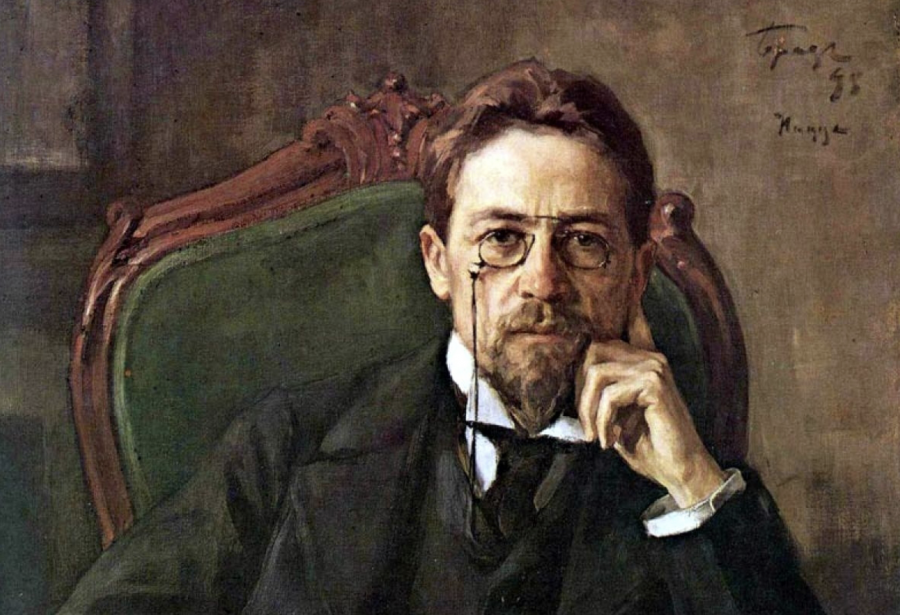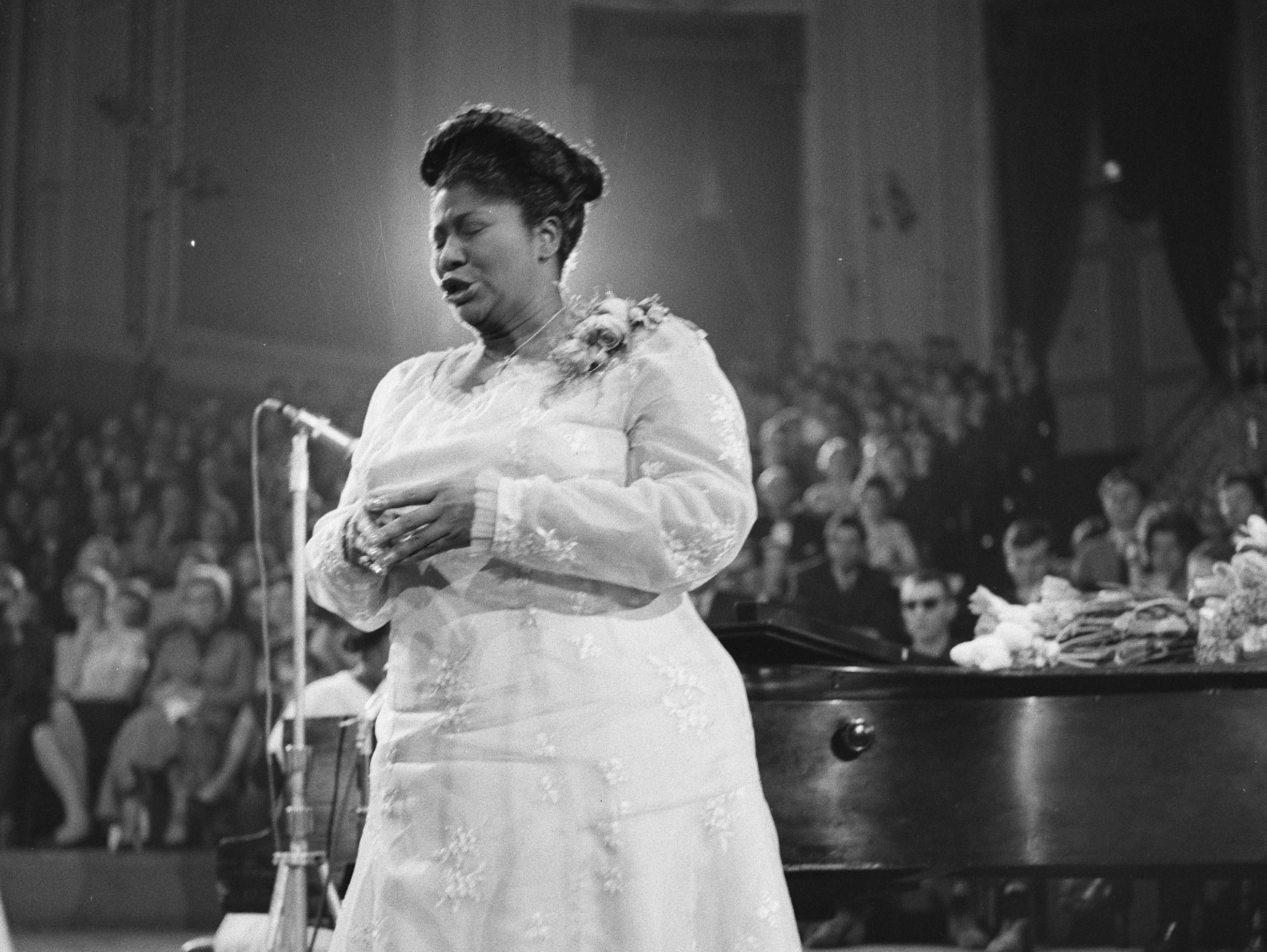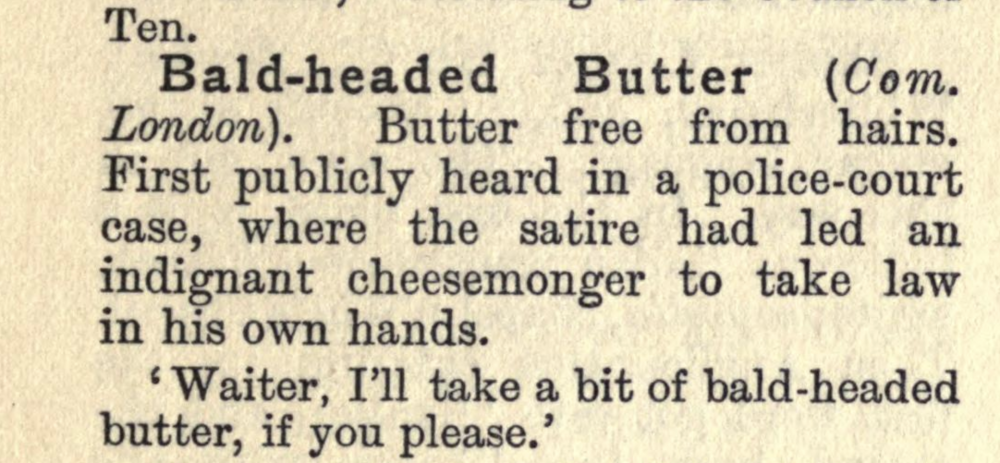“All smokers will recognise the meaning of the title — it refers to five leaves left near the end of a packet of cigarette papers. It sounds poetic and so does composer, singer, and guitarist Nick Drake. His debut album for Island is interesting.” There, in its entirety, is Melody Maker’s review of Nick Drake’s Five Leaves Left, which came out fifty years ago today. Drake now stands in music history as something of a doomed romantic hero, an artist who crafted a few dozen strikingly beautiful, haunting songs and delivered them into a world in which he never felt at home. Unable to make that world appreciate his work, Drake departed from it at the early age of 26, and only decades later would Five Leaves Left and the other two albums he recorded in his lifetime find their listeners.
Simplified though it is, that conception adheres to the broad contours of Drake’s life. Born in Burma to an English civil engineer and the musically inclined daughter of a higher-up in the Indian Civil Service, he played in school orchestras and cover bands growing up and signed to Island Records while still a student at Cambridge.
By that point, having experienced the music of predecessors like Bob Dylan and Van Morrison, stints in Morocco and the south of France, and the mind-altering substances popular in the late 1960s, Drake had fashioned himself into an acoustic guitar-playing singer-songwriter who must have seemed well suited to the transatlantic folk-music boom then in effect. He certainly managed to impress Joe Boyd, the young American record producer responsible for bringing acts like Fairport Convention, John Martyn, and the Incredible String Band into the mainstream.
Boyd didn’t need to hear much of Drake’s demo tape before he decided to produce a proper album, and in the 2014 event above he remembers the experience of bringing Drake into the studio and recording what would become Five Leaves Left. Accompanying Drake’s voice and guitar with a string section, the album showcases all the qualities that set him apart from most singer-songwriters then and still do now, from his unusual compositional structures and guitar tunings to the unapologetic Englishness of his pronunciation and cadence. And unlike so many of the much bigger records that came out in 1969, it all sounds like it could have been recorded yesterday — an achievement whose techniques engineer John Wood has, for the past half-century, declined to explain. But Drake’s shyness and sensitivity made him temperamentally unsuited to live performance; he struggled to promote himself, and died of an antidepressant overdose five years and two albums later.
For some time thereafter it looked as if Drake’s music might have died with him. But Five Leaves Left and its follow-ups remained in Island’s back catalog and by the early 1980s had built up a cult following, especially among other musicians. (The Cure’s Robert Smith has credited his band’s name to a line from Drake’s “Time Has Told Me.”) The 1997 publication of Patrick Humphries’ Nick Drake: The Biography opened the period of wide-ranging discovery of Nick Drake, furthered by the BBC Radio 2 documentary Fruit Tree: The Nick Drake Story, the BBC2 television documentary Nick Drake: A Stranger Among Us, the Dutch documentary A Skin Too Few: The Days of Nick Drake, and the many other books about him published since. (Ten years ago, for Five Leaves Left’s 40th anniversary, I myself interviewed Humphries and two other authors of books about Drake; you can download the program as an MP3 here.)
In 2004 BBC2 produced a second radio documentary called Lost Boy: In Search Of Nick Drake, and to narrate it brought in a fan by the name of Brad Pitt. “I was introduced to Nick Drake’s music about five years ago, and am a huge admirer of his records,” the actor said at the time, and it may not be a coincidence that the year 1999 saw the highest-profile use of one of Drake’s songs by far — as the soundtrack to a Volkswagen commercial. Two decades after that big break, and nearly 45 years after his death, Nick Drake is at the height of his popularity, both in terms of how many listeners claim his songs as favorites and how many current singer-songwriters claim him as an influence. Yet to this day, no other performer sounds quite like him; in all probability, none ever will. And no matter how many times one has heard it, Five Leaves Left remains more “interesting” than ever.
Related Content:
Ladies and Gentlemen… Mr. Leonard Cohen: The Poet-Musician Featured in a 1965 Documentary
James Taylor Performs Live in 1970, Thanks to a Little Help from His Friends, The Beatles
89 Essential Songs from The Summer of Love: A 50th Anniversary Playlist
Joni Mitchell: Singer, Songwriter, Artist, Smoking Grandma
Tom Petty Takes You Inside His Songwriting Craft
Based in Seoul, Colin Marshall writes and broadcasts on cities, language, and culture. His projects include the book The Stateless City: a Walk through 21st-Century Los Angeles and the video series The City in Cinema. Follow him on Twitter at @colinmarshall, on Facebook, or on Instagram.





